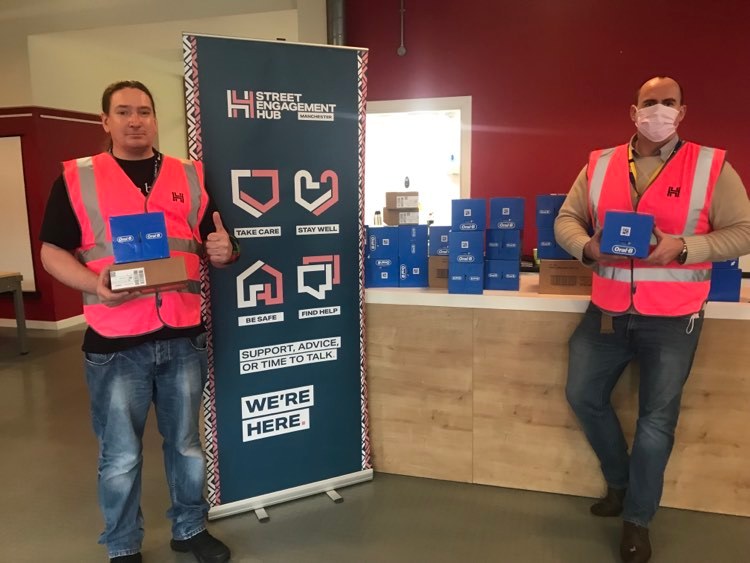Sign our online pledge

Becoming Homeless Friendly
Please read the below information carefully. We have outlined the key steps you, and your organisation, can take to support people experiencing homelessness.
Contact details
We list Homeless Friendly GP Practices and other relevant organisations on our website, and ask for a named person as the contact.
This enables support organisations or an individual to know who to contact should there be a problem. Having a named person - or a champion as they are often described - encourages the named person to develop an expertise in relation to local support services.

Contact details & pledge questionnaire
We list Homeless Friendly GP Practices and other relevant organisations on our website, and ask for a named person as the contact.
This enables support organisations or an individual to know who to contact should there be a problem. Having a named person - or a champion as they are often described - encourages the named person to develop an expertise in relation to local support services.
